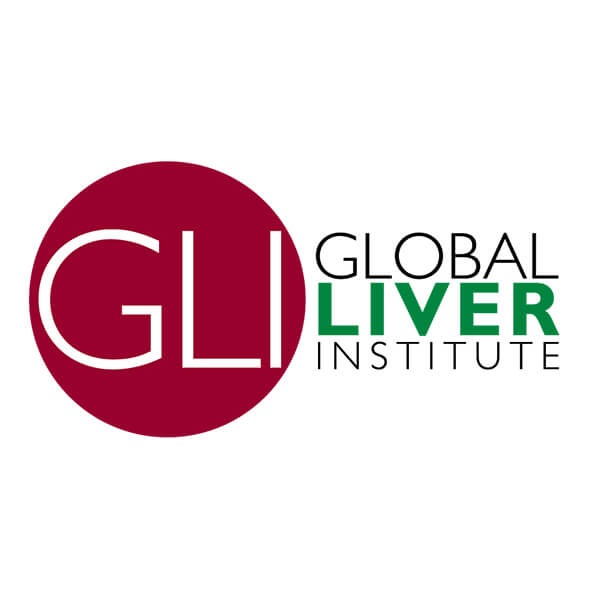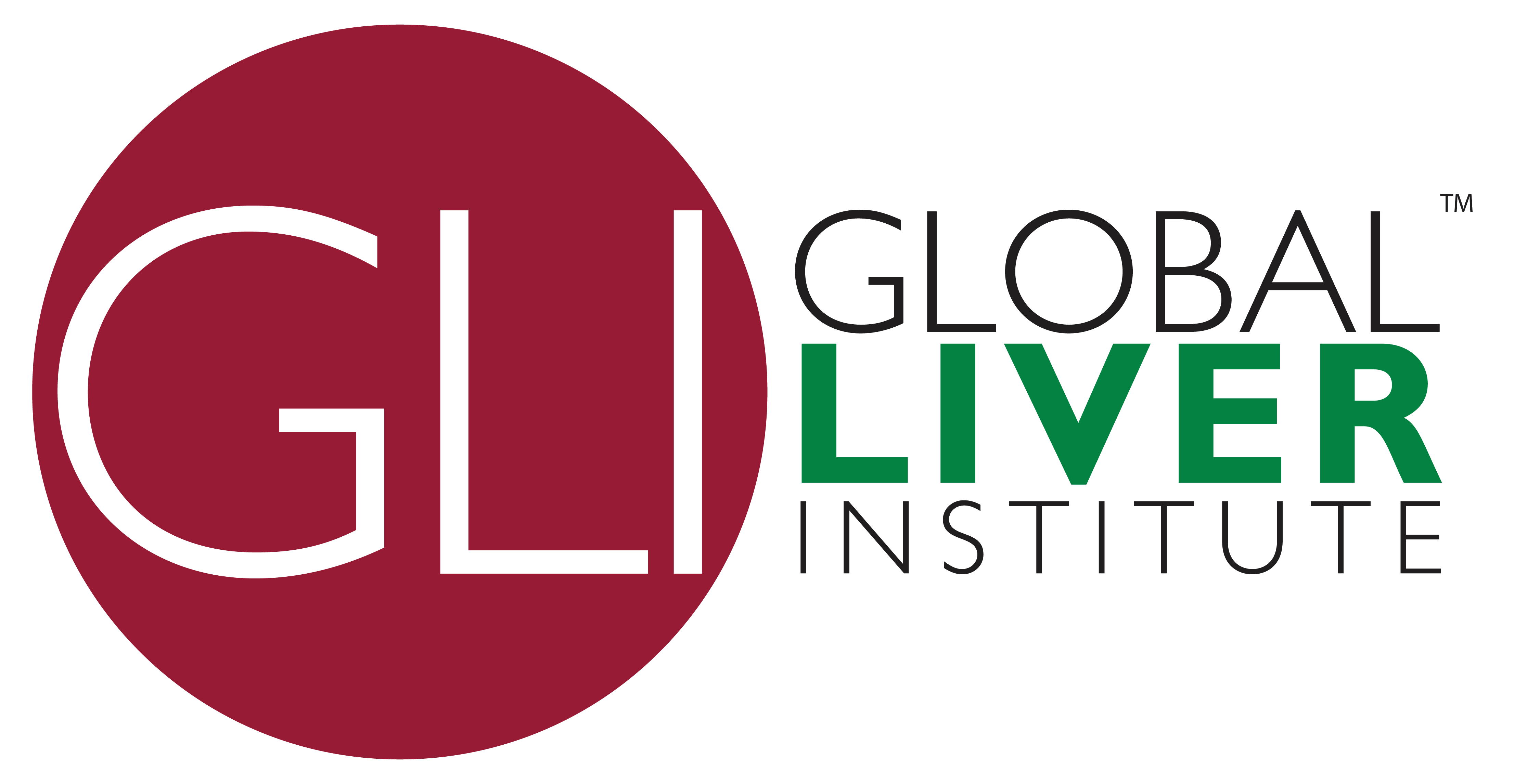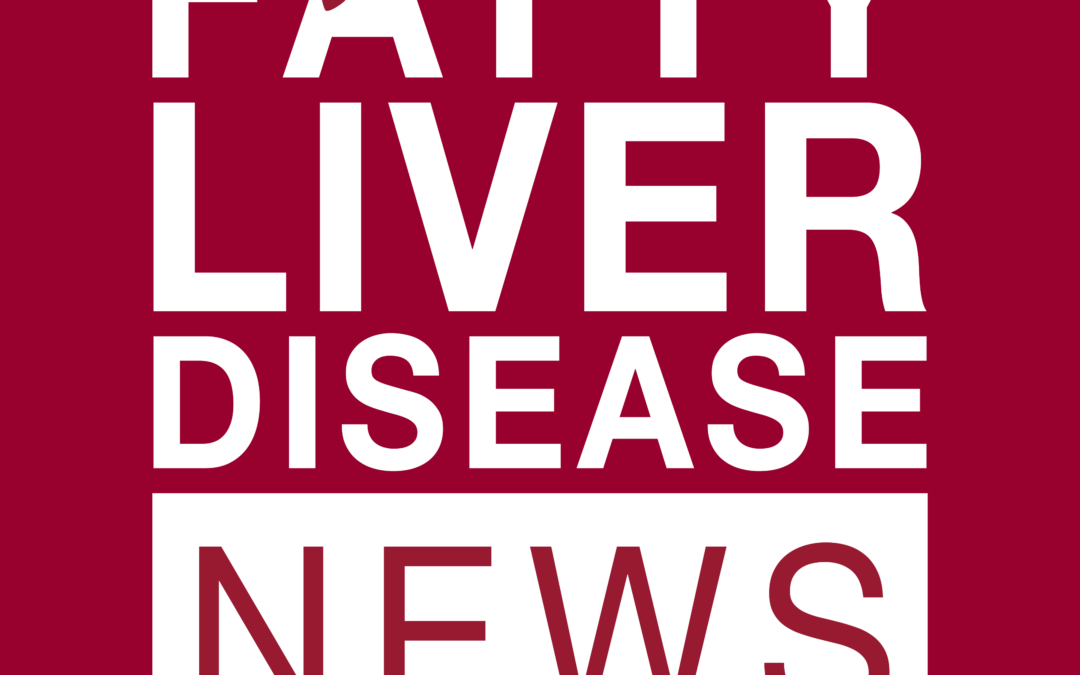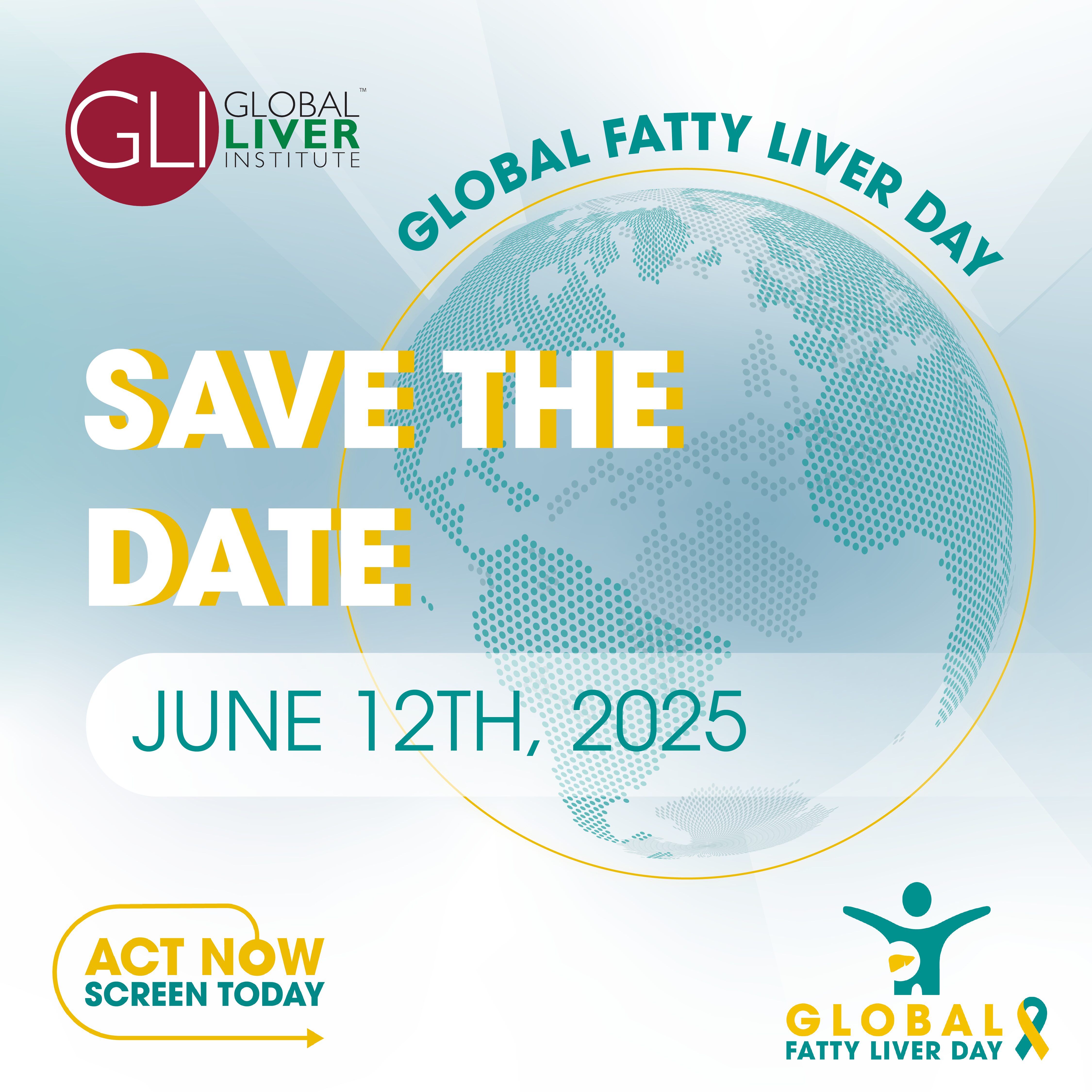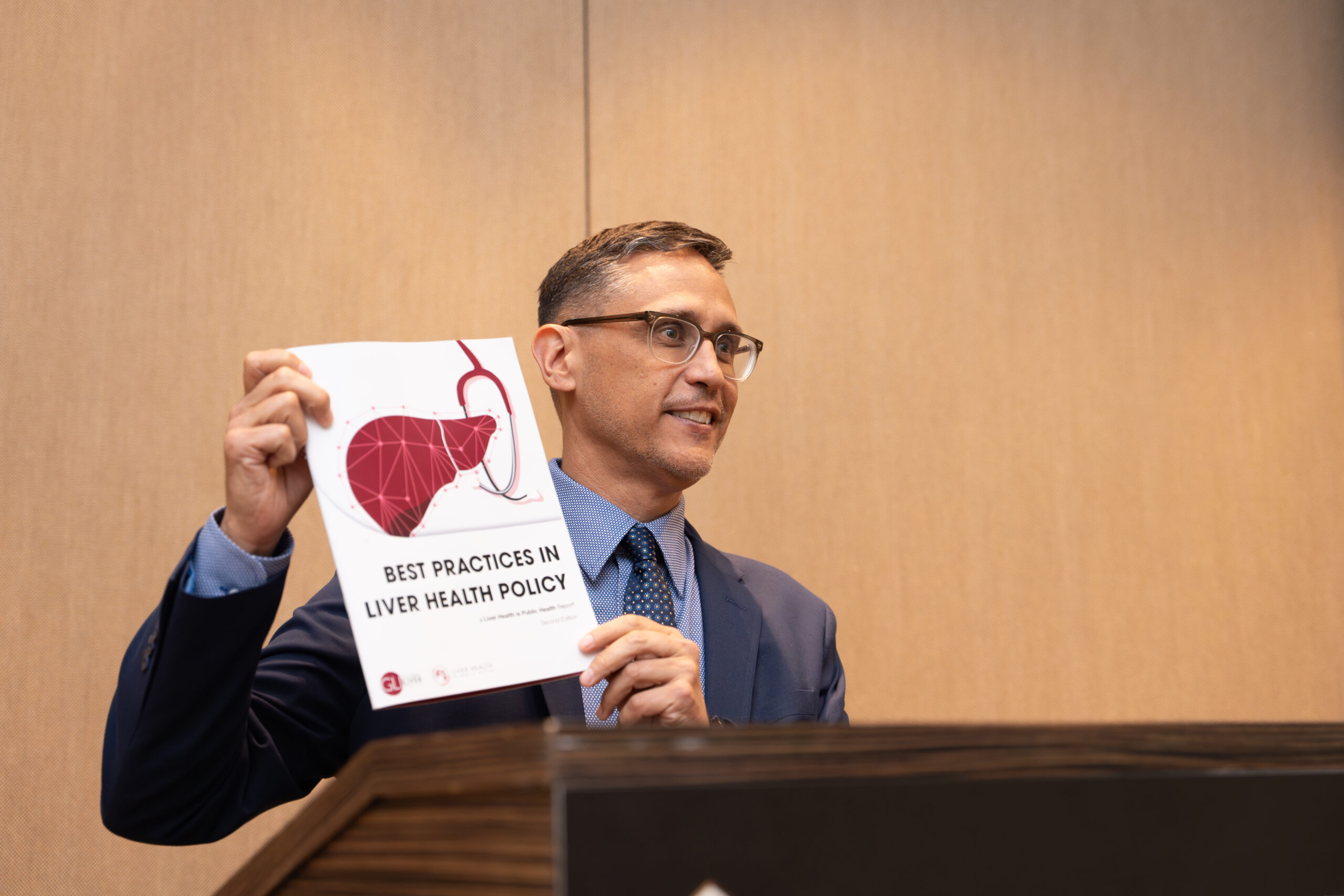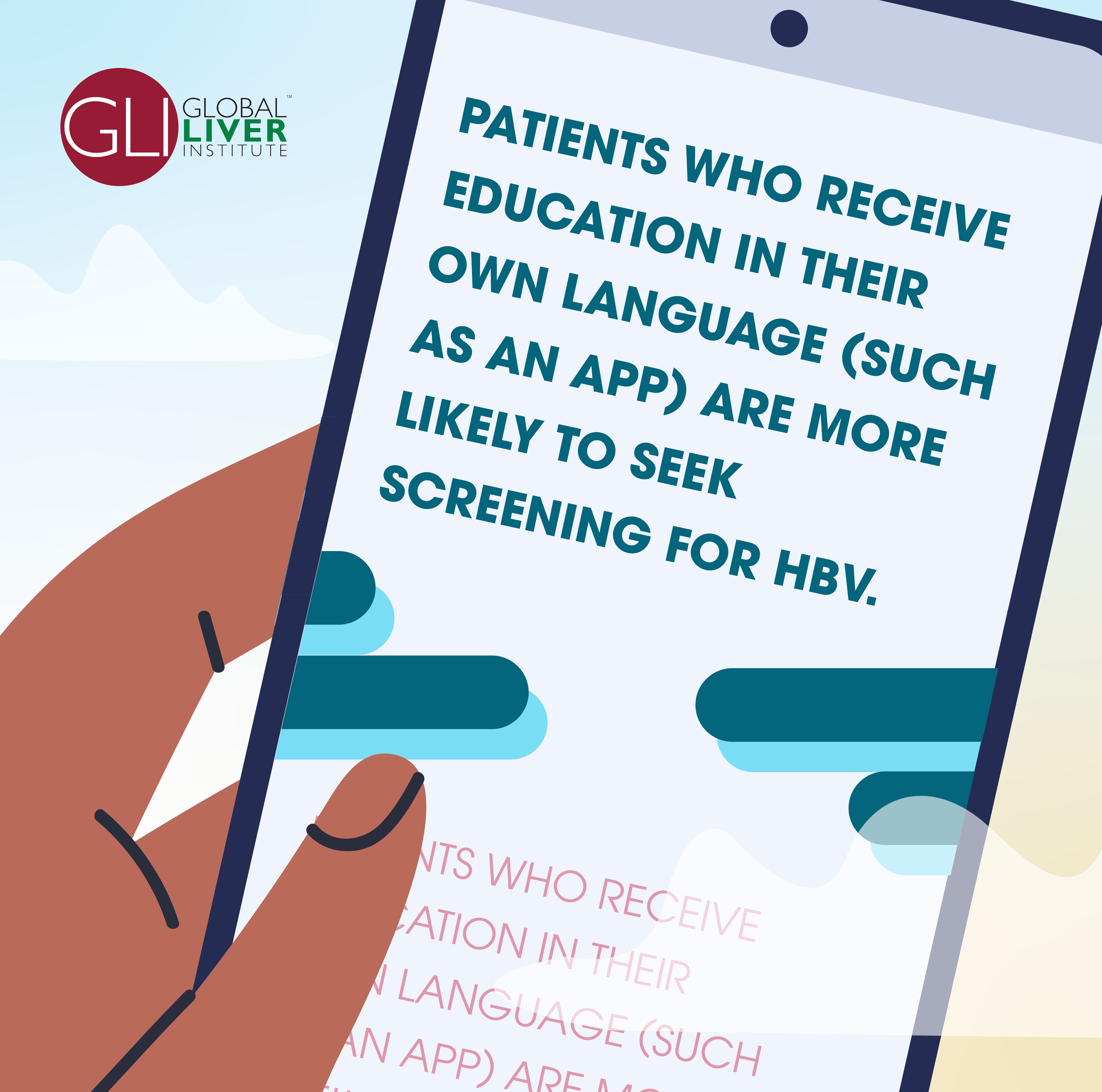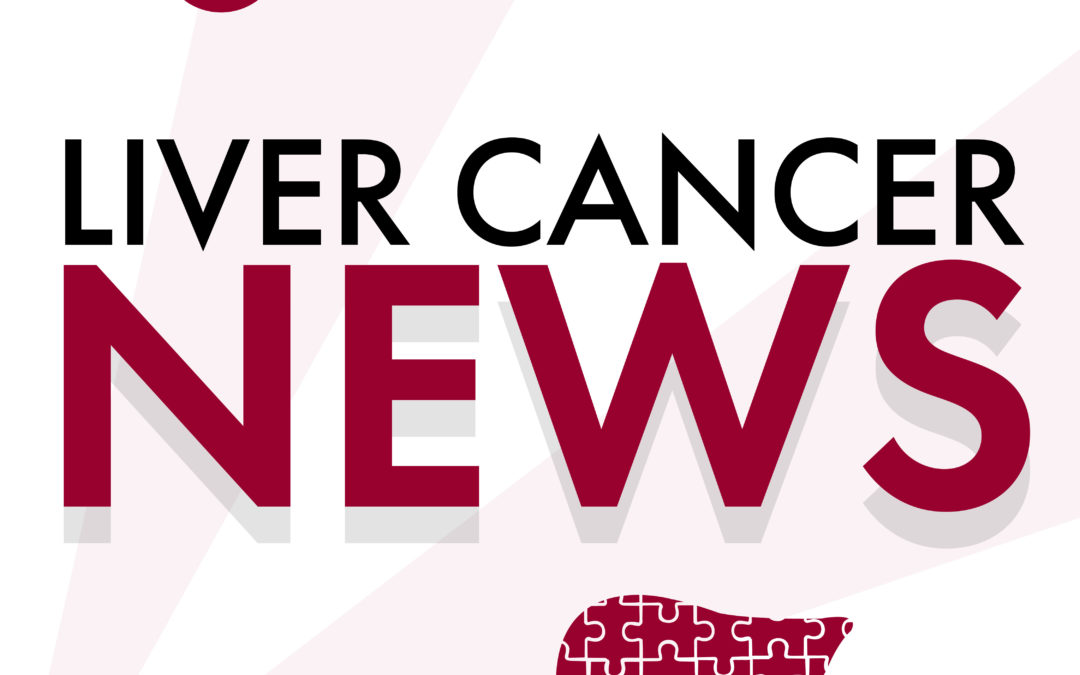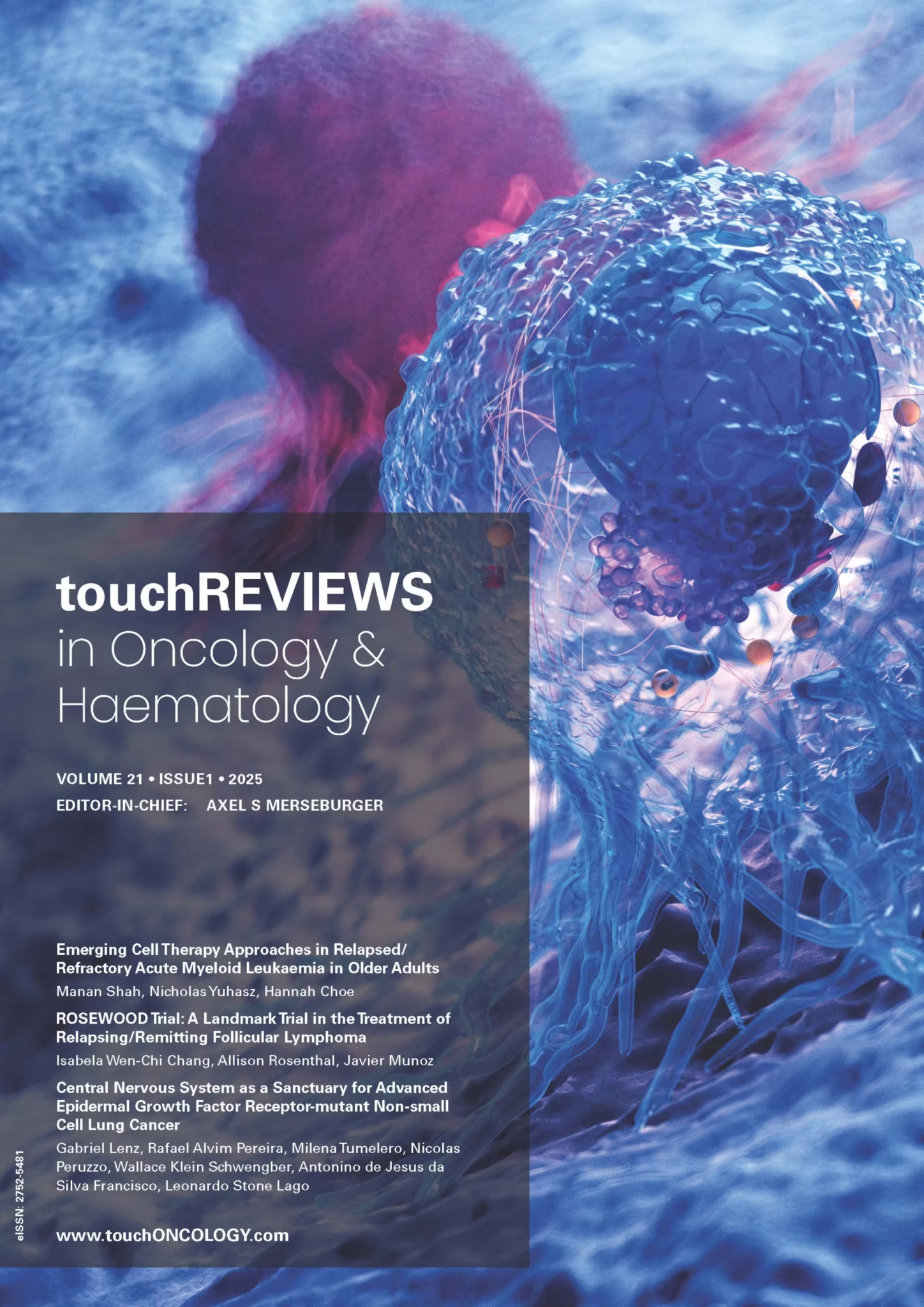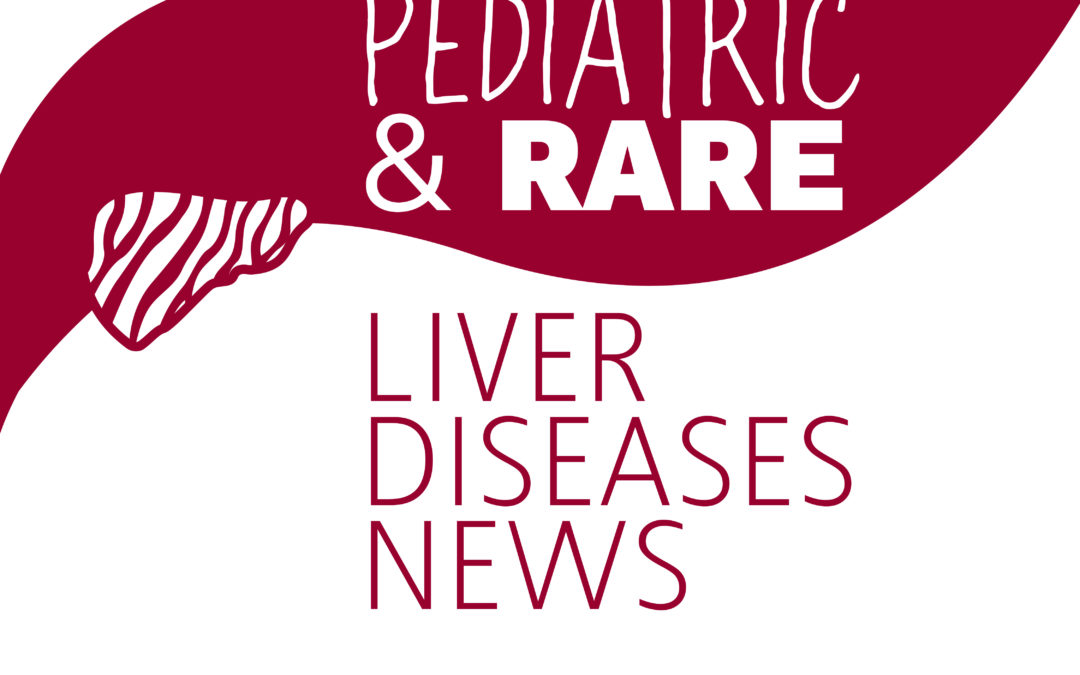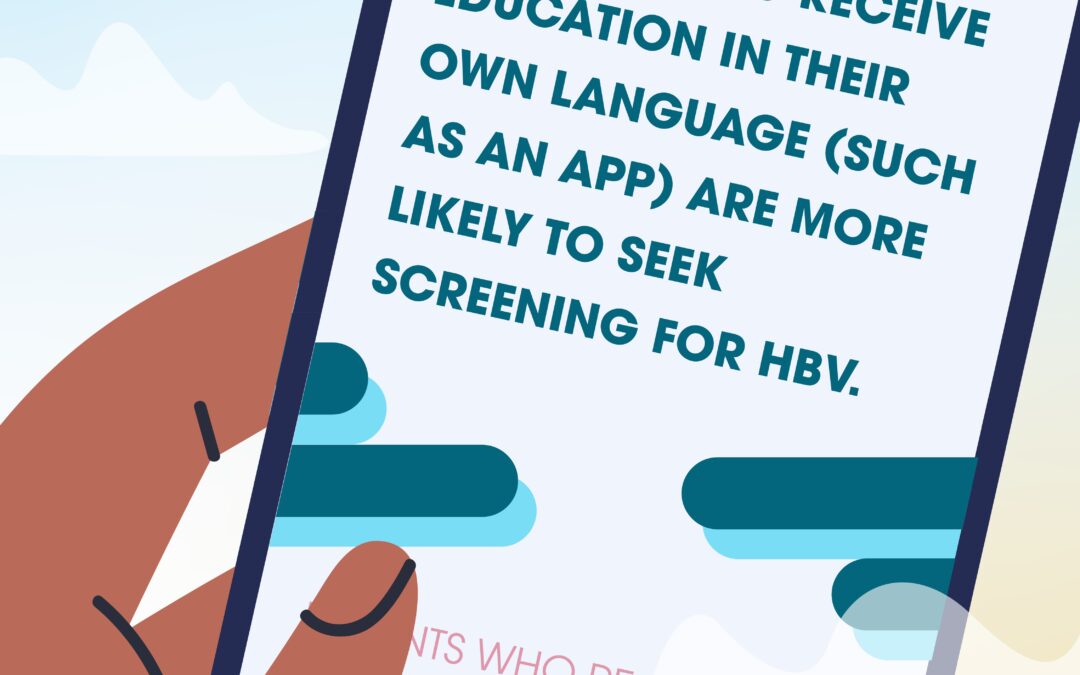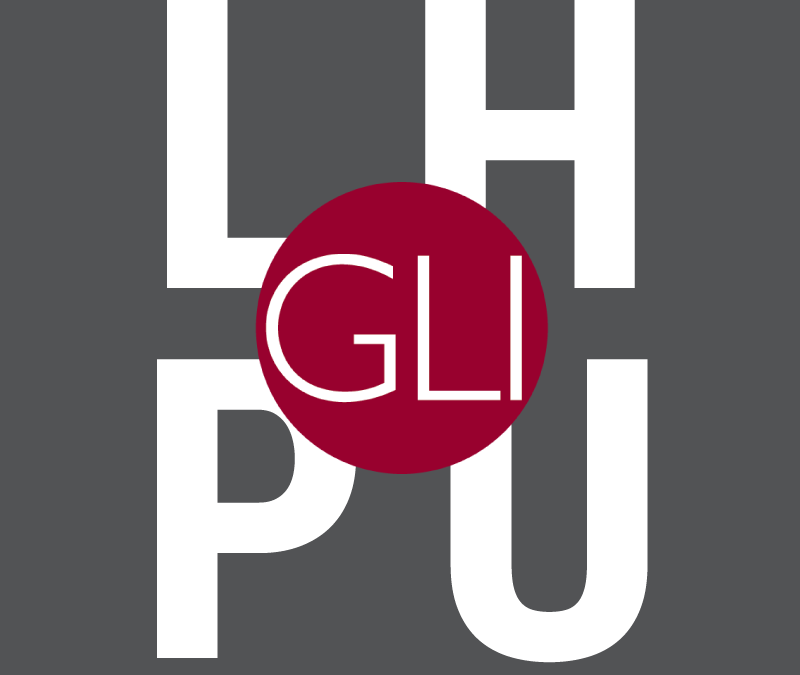Budget Reconciliation Process Underway – Medicaid Remains on Chopping Block
It is the goal of Congressional leadership to try and move as quickly as possible to get “one big, beautiful” reconciliation package on the president’s desk for signature by Memorial Day — an ambitious timeline that will require cooperation from the entire Republican Conference. Several key debates tied to the total cost of the package, cuts to public benefit programs like Medicaid and SNAP, as well as key tax policy decisions, must be resolved in the coming weeks. The House Energy and Commerce Committee was instructed to cut $880 billion, meaning Republicans will almost certainly have to find ways to curtail federal spending on Medicaid. One option supported by Republicans would be to require approximately 36 million Medicaid adults to prove they work or file paperwork for exemptions. According to the Kaiser Family Foundation, of non-disabled adults under 65 who rely on Medicaid, 92% are either working, caring for a family member, managing an illness or disability, or attending school. Nearly half of Medicaid beneficiaries who are employed work for small companies and are not eligible for employer-sponsored health insurance at their job, leaving Medicaid as one of their only coverage options. It is not clear where the committee will find $880 billion in savings without cutting Medicaid benefits. GLI has urged Congress to protect Medicaid. View more information here from our partners at Modern Medicaid Alliance.
Tracking Trump 2.0 Administration Appointees
President Donald Trump has selected Cabinet-level officials for his administration. GLI is closely monitoring the Senate’s confirmation process. Here are his picks in the healthcare arena:
- HHS: Robert F. Kennedy Jr. (Confirmed)
- CMS: Dr. Mehmet Oz (Confirmed)
- CDC: Dr. Susan Monarez (TBD, currently Acting Director)
- FDA: Dr. Martin Mackary (Confirmed)
- NIH: Dr. Jay Bhattacharya (Confirmed)
- Surgeon General: Dr. Janette Nesheiwat (TBD)
- VA: Former Rep. Doug Collins (Confirmed)
- Attorney General: Pam Bondi (Confirmed)
GLI Highly Concerned about the Fate of Health Programs
The administration has eliminated the staff of several CDC offices, including entire offices conducting public health communication campaigns, modeling and behavioral surveillance, capacity building, and non-lab research. On April 25, 2025, GLI joined hundreds of organizations expressing concern that the Administration’s draft Fiscal Year 2026 budget for the Department of Health and Human Services would cut about one-third of the agency’s discretionary spending and effectively devastate our nation’s research, scientific, and public health infrastructure. It would put the nation’s health and security at risk by defunding, and in some cases eliminating, vital programs that monitor and defend against infectious and chronic disease, battle opioid and mental health epidemics, protect the public against environmental and occupational health threats, reduce preventable injuries, address public health emergencies and deliver high-quality care to veterans, seniors, and other Americans. These cuts will also seriously undermine America’s global leadership in developing the next generation of treatments and cures for cancer and other diseases. View the letter here. GLI and other hepatitis groups also led a letter specifically expressing concern about the impact on our nation’s capacity to address the broad health threats posed by viral hepatitis. This will undermine progress towards reducing viral hepatitis incidence and mortality, and ultimately risk costing both money and lives by disrupting essential viral hepatitis prevention and control functions of our states and communities.
Senators Cassidy and Sanders have invited the new HHS Secretary, Robert F. Kennedy, Jr, to participate in a hearing about HHS reorganization. The hearing will be held on May 14, 2025 and will cover the proposed HHS budget for fiscal year 2026. GLI will monitor the situation closely and continue sharing with Congress our significant concerns about the impact of these cuts on so many programs that liver disease patients rely on.
GLI Encourages Trump Administration to Find Innovative Pathways to Combat the Obesity Epidemic
GLI joined 81 groups in encouraging the administration to find innovative pathways to combat the obesity epidemic. By 2030, nearly 50% of Americans will be living with obesity, and we urge the administration to leverage innovation to win the fight against obesity. View the letter here. Additionally, GLI is a member of the Obesity Care Action Network and strongly supports its request for a meeting with CMS to discuss two important topics: the coverage of obesity medications in the Medicare and Medicaid programs and reopening the national coverage determination for intensive behavioral therapy under Medicare Part B.
GLI strongly supported the CMS-proposed rule to permit coverage of anti-obesity medications (AOMs) for weight loss when treating obesity. View GLI’s comments here and statement expressing disappointment that CMS did not finalize a rule to cover the drugs here. GLI looks forward to the reintroduction of the Treat and Reduce Obesity Act (TROA), which could also advance coverage of drugs treating obesity as well as improve access to intensive behavioral therapy.
GLI Continues to Push Congress and the Administration for Veteran Access to Care for MASH/NASH
U.S. Veterans continue to be denied coverage for metabolic dysfunction-associated steatohepatitis (MASH), formerly known as nonalcoholic steatohepatitis (NASH), treatment without a biopsy. GLI has also expressed concerns that Veterans’ care is delayed due to the VA’s Criteria for Use to receive “comprehensive lifestyle intervention” for 6 months before being eligible for treatment. The VA’s decision is contrary to the label from the Food and Drug Administration and clinical guidelines.
As part of GLI’s Beyond the Biopsy initiative, GLI and its partners sent a letter to the VA. Most recently, GLI and AASLD sent a follow-up letter to the VA calling for coverage consistent with clinical guidelines. We continue to encourage signatures here on a petition to all payers calling for coverage without biopsy! GLI also urges advocates to reach out to Congress to call on the VA to take steps to increase efforts to screen, diagnose, and treat veterans with MASH/NASH using non-invasive diagnostics and FDA-approved treatments, similar to Tricare for active-duty military, and provide a briefing to the Committee on these efforts.
In addition to letters, GLI has worked with Members of Congress and AASLD on language from appropriators that would highlight the need for the VA to take steps to increase efforts to screen, diagnose and treat veterans with MASH/NASH using non-invasive diagnostics and FDA-approved treatments. GLI is advocating to remove the VA’s biopsy requirement on all fronts.
GLI Opposes Payer Policies Denying Coverage for FDA-Approved Drugs
GLI stands with the rare disease community in calling for Independence Blue Cross Blue Shield (IBX) to rescind a policy that denies care to people living with rare, chronic, and disabling conditions by delaying patients’ access to drugs approved via the FDA’s accelerated approval pathway. The accelerated approval process ensures that patients with little or no treatment options – especially those with rare diseases – have hope for future innovation and access. Drugs approved via the accelerated approval process can greatly improve quality of life and extend life expectancy, which is invaluable for patients with liver diseases. When a private corporation denies access to FDA-approved treatments, it undermines Congress’s intent to expedite access to these therapies for patients. GLI is committed to fighting for patients with liver disease to get access to the care they need. View the letter here.
GLI Urges DOL to Issue Rulemaking to Close the EHB Loophole to Protect Patients
GLI, along with over 80 organizations, sent a letter to the U.S. Department of Labor urging it to issue a promised rule to close the harmful Essential Health Benefits loophole that allows insurers, PBMs & third-party vendors to exploit patient copay assistance programs for financial gain. The letter states, “The Trump administration has the critical opportunity to close this loophole for all Americans, ending a scheme that has harmed patients for years – and the DOL has the opportunity to reinvigorate the effort.” Many liver patients rely on copay assistance for their care and should not be subject to payer policies that diminish or eliminate its benefit to the patient. View the letter here.
Personalized Medicine Coalition Critiques AHRQ on Multi-Cancer Tests
GLI is a member of the Personalized Medicine Coalition (PMC), recognizing the importance of helping physicians use prevention and treatment strategies that will work best for each patient. The Agency for Healthcare Research and Quality’s (AHRQ’s) Review Protocol titled: Blood-based Tests for Multiple Cancer Screening: A Systematic Review included problematic statements and conclusions that could impact patient access to these transformative diagnostic tools. We were pleased that PMC submitted comments on the review protocol, emphasizing the benefits of early detection. We shared PMC’s disappointment that the draft report failed to recognize that mortality is not the appropriate endpoint for assessing the accuracy, efficacy, harms, and utility of multi-cancer screening tests. GLI is engaged with PMC on this important issue and looks forward to supporting its efforts to drive personalized medicine.
Cassidy Releases 340B Report, Calls For Reform
Senate Health, Education, Labor, and Pensions (HELP) Committee Chair Bill Cassidy (R-LA) released a majority staff report detailing the committee’s investigation into the 340B Drug Pricing Program and outlining potential areas for reform. Under this program, manufacturers participating in Medicaid agree to provide outpatient drugs to covered entities at significantly reduced prices. The investigation, launched in 2023, included requests for information from participating pharmaceutical manufacturers, hospital covered entities, community health centers (FQHCs), and contract pharmacies to better understand revenue flows within the program. Using the information provided, the committee found that 340B savings often do not directly benefit patients, with hospitals, FQHCs, and contract pharmacies driving revenue growth without clear transparency.
The report outlines several recommendations, including: (1) requiring covered entities to provide detailed reporting on 340B revenue and how it results in direct savings for patients; (2) reducing administrative complexities that impede patient benefit; (3) investigating the financial benefits contract pharmacies receive for administering the program; (4) requiring data reporting for entities supporting contract pharmacies and other program participants; and (5) providing clear program guidelines to ensure manufacturer discounts benefit eligible patients. GLI is monitoring this issue closely.
Trump Administration Continues Efforts To Restructure The Federal Workforce
The Trump administration continues to advance efforts to reshape the federal workforce and streamline government operations. The Office of Personnel Management (OPM) issued a proposed rule creating a new “Schedule Policy/Career” category for federal employees with policy-influencing responsibilities. The proposal would remove traditional civil service protections for an estimated 50,000 employees in this category, effectively making them at-will employees subject to easier removal. The effort mirrors the “Schedule F” executive order (EO) from Trump’s first term, which sought to reclassify policy-making civil servants under similar terms.
CMS Nixes Federal Match For Non-Health Related Medicaid Programs.
CMS sent a letter to state Medicaid directors notifying them that the agency does not intend to approve new or extend existing requests for federal matching funds for state expenditures on these two types of programs — designated state health programs (DSHP) and designated state investment programs (DSIP).
Bills Helping Patients Reintroduced in 119th Congress
GLI is closely monitoring the reintroduction of legislation that helps patients access and afford the health care they need. We will continue to update this list. A few bills reintroduced so far include:
- Medicare Multi-Cancer Early Detection and Screening Act (H.R.842/S.339)
- Allows Medicare to cover simple blood tests to screen patients for cancer, leading to early diagnosis and treatment.
- HELP Copays Act (S.864)
- Requires health care insurers and pharmacy benefit managers (PBMs) to count payments they receive on a patient’s behalf – including payments from nonprofit organizations or drug manufacturers – toward the patient’s annual deductibles and out-of-pocket limit.
- Seniors’ Access to Critical Medications Act (H.R.2484)
- Allows Medicare patients to receive essential medications by mail or have caregivers and family members pick them up on their behalf. Reported favorably out of committee April 29 in House Energy and Commerce Committee.
- Pharmacy Benefit Manager (PBM) Transparency Act (S.526)
- Bans deceptive and unfair pricing schemes, prohibits arbitrary clawbacks of payments made to pharmacies, and requires PBMs to report to the FTC on how much money they make through spread pricing and pharmacy fees.
- ORPHAN Cures Act (H.R.946)
- Expands the Orphan Drug Exclusion in the Medicare Drug Negotiation Program to allow for the research and development of existing products that could help find treatments for the more than 95 percent of rare diseases without approved therapies. Learn more here.
- Charlotte Woodward Organ Transplant Discrimination Prevention Act (H.R.1520)
- Reported favorably out of committee April 29 in House Energy and Commerce Committee – take action to support full passage here!
- Living Donor Protection Act (S.1552)
- Ensures living donors do not face discrimination from insurance companies, codifies Department of Labor (DOL) guidance that covers living donors under the Family Medical Leave Act (FMLA) in the private and civil service, removes barriers to organ donation, etc.
